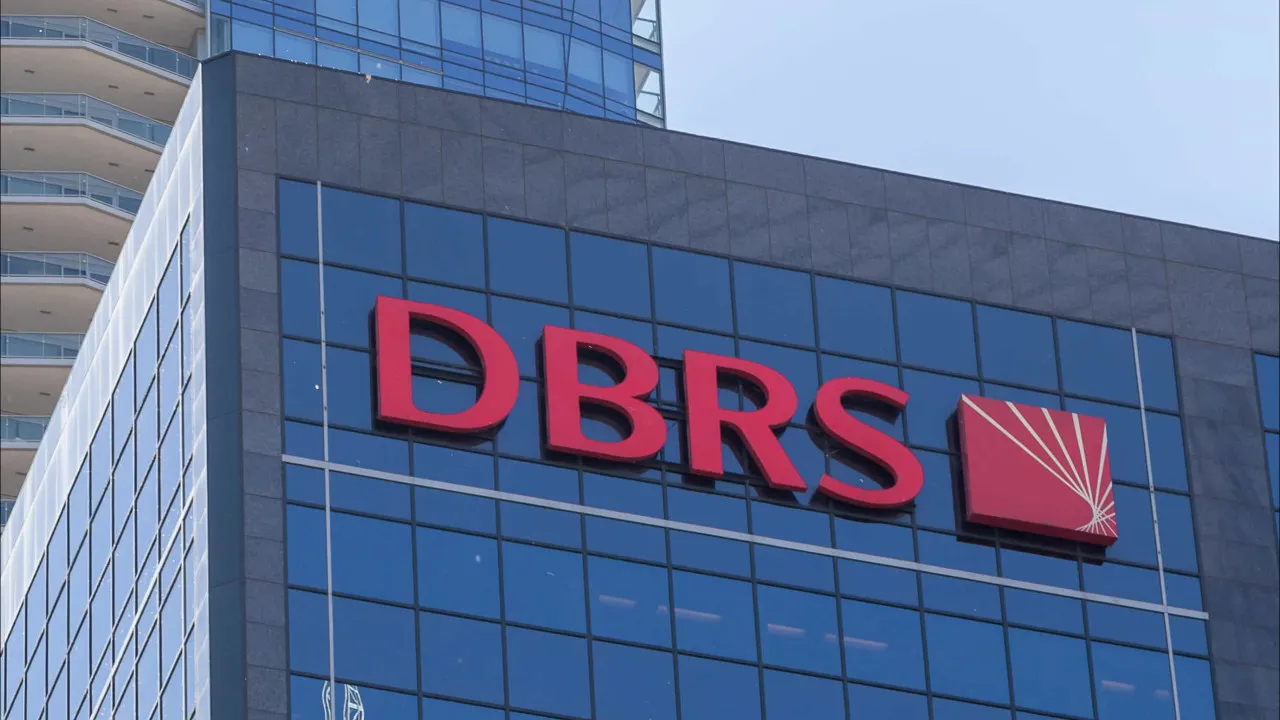
The Director of Investments at Banco Carregosa, Filipe Silva, states that “DBRS is expected to maintain both the rating and the outlook for Portugal,” noting that in January, the outlook was revised from positive to stable.
“The current geopolitical situation may bring new challenges to economic growth, which are still difficult to measure as agreements on tariffs are still being finalized,” Silva notes, adding that “Portugal continues with modest growth, counterbalanced by a decrease in debt, a stronger banking system, and budget surpluses, which better prepares it for any potential negative economic turnaround.”
Silva also highlights that “economic growth projections have been revised downward; however, the investment plans in defense and infrastructure announced in Europe may serve as a counterbalance and stimulate growth,” requiring more time to assess if Portugal can maintain its downward debt trajectory.
Analyst Vítor Madeira from Xtb also considers that “although the July 18 review naturally raises the question of a possible change in this evaluation—based on the latest macroeconomic and market indicators—everything points to maintaining both the rating and the stable outlook.”
Examining the national economic indicators, the Gross Domestic Product (GDP) experienced a slight contraction in the first quarter but maintained a 1.6% year-on-year growth, demonstrating resilience against the European context, while the unemployment rate remains stable, and public debt, though still high, is on a downward path.
In the markets, 10-year Treasury bond yields rose, but Madeira notes the “reduction of spread compared to German bonds, reflecting a perception of low risk from international investors and, consequently, an improvement in the country’s financial credibility.”
In this scenario, “the current DBRS evaluation seems appropriate, as Portugal continues to demonstrate stable capacity to meet its financial obligations and does not present elements that justify an upward or downward rating revision at this time.”
Like Filipe Silva, the Xtb analyst also believes the outlook should remain stable, “reflecting a balance between risks and opportunities.”
This year, both DBRS and S&P improved the sovereign debt rating in their reviews, which occurred prior to the political crisis that led to early elections, while Fitch, Moody’s, and Scope have kept Portugal’s rating unchanged.
The rating is an evaluation assigned by financial rating agencies, significantly impacting the financing of countries and companies as it assesses credit risk.




